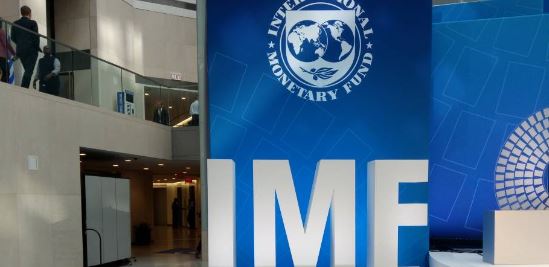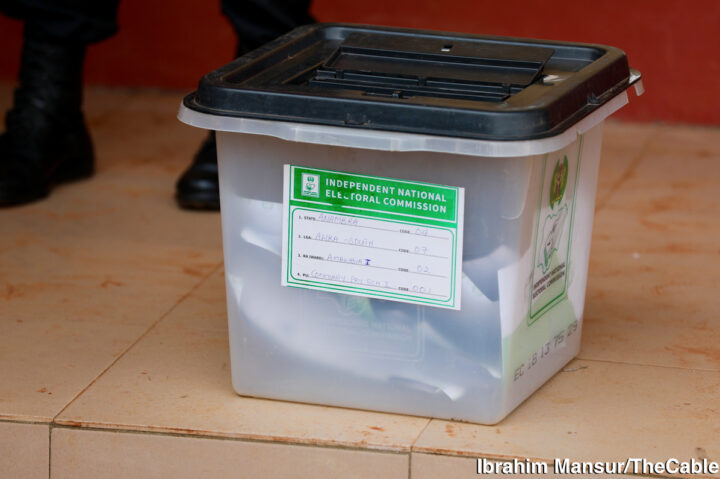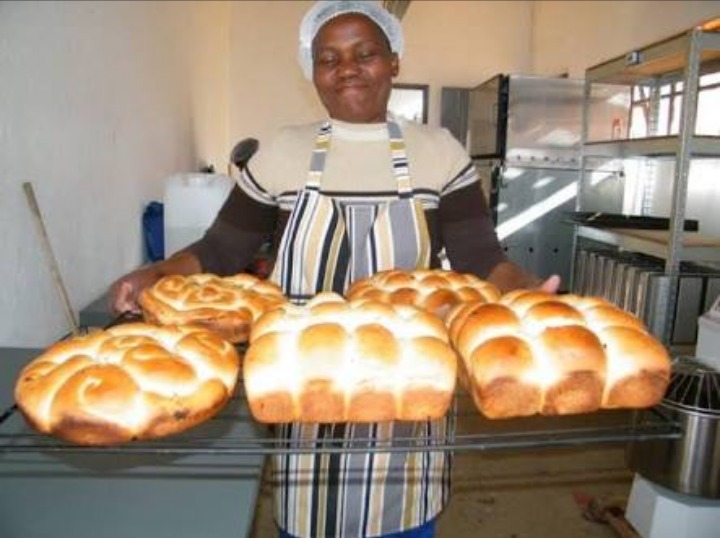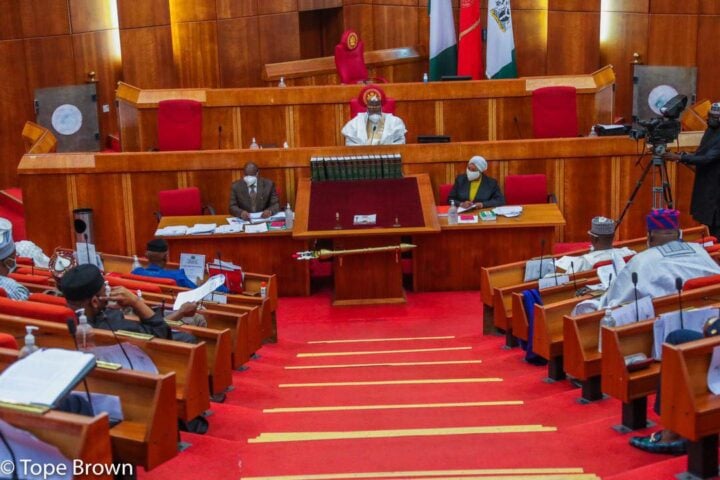The International Monetary Fund (IMF) has advised sub-Saharan Africa countries to fight food insecurity, avoid trade barriers and improve access to finance.
IMF said this in a new blog post released on Monday.
The Bretton wood institution said that rising food prices compound inflation rates across the region.
“Food accounts for roughly 40 percent of the region’s consumption basket—a measure of goods and services used to measure consumer price index (CPI) inflation,” IMF said.
Advertisement
It added that food inflation rose on average throughout 2019 across 20 countries in the region where monthly food price was available.
“After remaining stable around 9 percent (year over year) since the beginning of the pandemic, food inflation started to rise again from April this year to some 11 percent in October,” IMF added.
“The chart below shows how food inflation is outpacing and contributing to the pick-up in overall consumer price inflation in sub-Saharan Africa, which rose to about 9 percent in October, up from around 6 percent in 2019.”
Advertisement
IMF said that the recent soaring global oil prices had an impact on food inflation globally.
“On a global scale, the recent increase in food inflation is attributed to rising oil prices (which raise fertilizer prices and transportation costs), droughts and export restrictions imposed by some major food exporters, and stockpiling in some countries,” the blog post added.
Also, IMF added that cushioning the effect of the pandemic affected the agricultural sector adversely.
Advertisement
“In addition, pandemic containment measures disrupted production and imports of seeds and fertilizers and caused labour shortages during planting seasons,” it said.
“Importantly, there is diversity across the region — food inflation in Chad is near zero but around 30 percent in Angola,” IMF said.
“This suggests that domestic factors such as weather and exchange rates are important contributors to food inflation in sub-Saharan African countries.”
According to IMF, food inflation and consumer price index inflation could moderate if commodity prices eased and pandemic-induced global supply chain disruptions were resolved.
Advertisement
“However, high food inflation could persist if inflation expectations become de-anchored or supply chain disruptions continue,” IMF added.
“Regionwide, average inflation is expected to edge up in 2021 before easing next year depending on commodity prices and the resolution of supply-demand mismatches.”
Advertisement
The IMF advised the countries to prioritise food security, trade relations and access to finance.
“Fighting food insecurity through targeted social assistance and insurance can help populations cope,” it advised.
Advertisement
“Avoiding trade barriers and improving access to finance, seed stocks, insecticide, fertilizer, anti-erosion measures, and irrigation are also important.”
Advertisement






